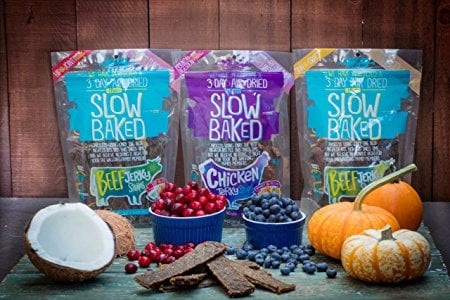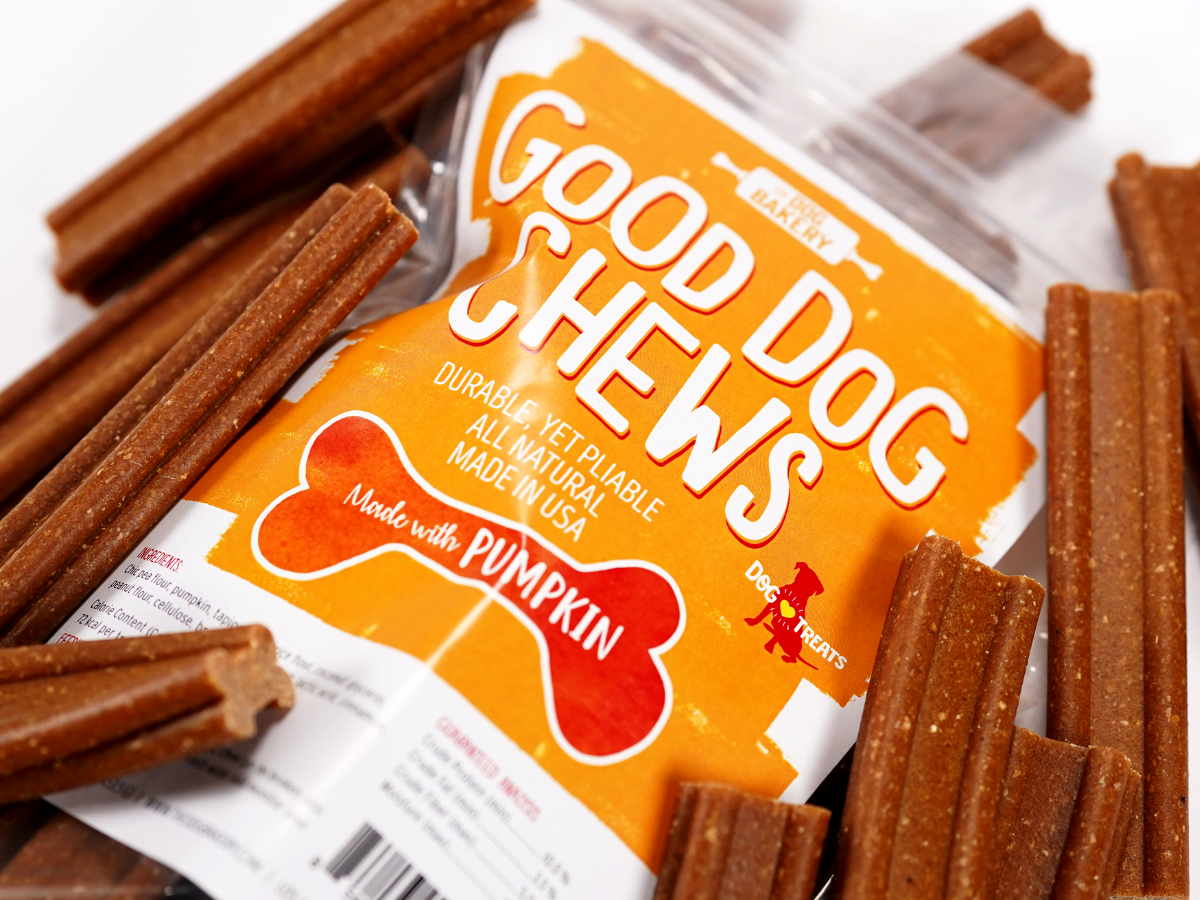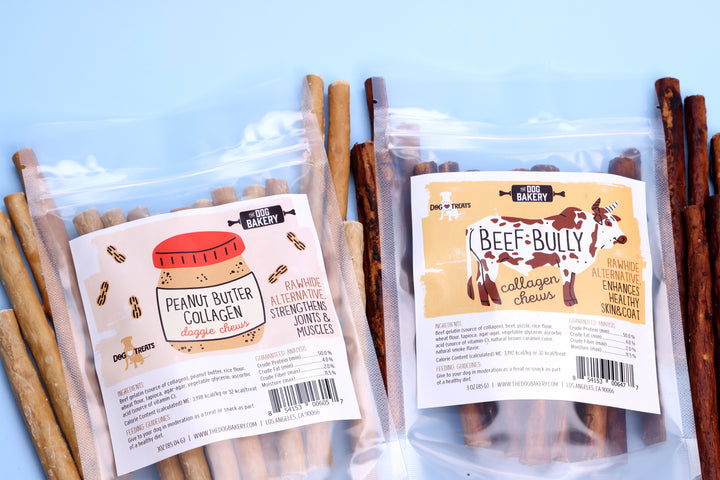Exploring Allergies and Chow Chows: Are Chow Chows Hypoallergenic?
When it comes to choosing a dog, factors such as temperament, size, and appearance often take center stage. However, for individuals with allergies, the question of hypoallergenic breeds becomes paramount. One breed that frequently sparks curiosity in this regard is the majestic Chow Chow. Known for their distinctive appearance and dignified demeanor, Chow Chows possess a thick double coat that prompts the question: Are they hypoallergenic? In this article, we delve into the truth behind this common misconception, shedding light on what prospective dog owners with allergies need to know.
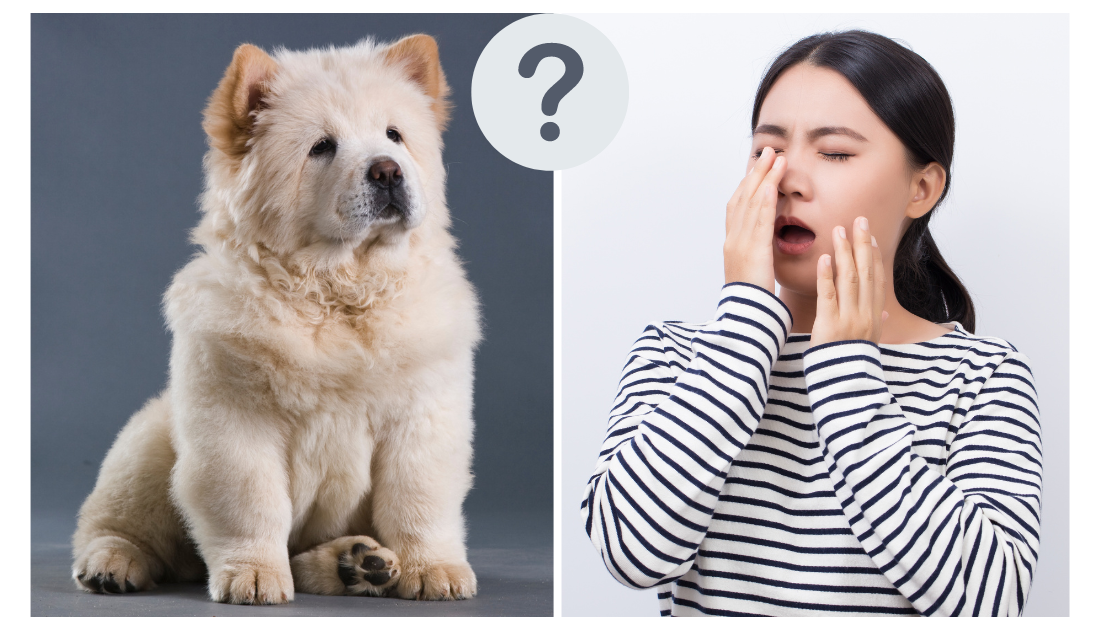
Understanding Hypoallergenic Breeds
Before we address the hypoallergenic nature of Chow Chows, it’s essential to grasp the concept of hypoallergenic breeds. While no dog breed is entirely hypoallergenic, some breeds are considered more allergy-friendly than others. These breeds typically produce fewer allergens, such as dander and hair, which are the primary triggers for allergies in susceptible individuals. Hypoallergenic breeds often have hair instead of fur and may shed less, mitigating the spread of allergenic particles in the environment.
Is Hypoallergenic Really Even a Thing?
Dr. Sarah Johnson, a renowned veterinarian specializing in allergies, shares her expertise on hypoallergenic dogs:
“No dog breed is entirely allergen-free”
Dr. Sarah Johnson, Veterinarian
“Hypoallergenic is a term often associated with certain dog breeds, but it’s important to understand that no dog breed is entirely allergen-free. While some breeds may produce fewer allergens or cause milder reactions in allergic individuals, it ultimately depends on the person’s specific allergies and sensitivities. It’s crucial for potential dog owners with allergies to spend time with the breed they are considering and gauge their personal response before making a decision.”
Several popular dog breeds are called hypoallergenic, including poodles, bichon frises, Yorkshire terriers, and schnauzers. Do these popular dogs actually reduce allergic reactions? Unfortunately, no dog breed causes zero allergic responses.
According to one study, there is a lack of data showing that so-called hypoallergenic dog breeds actually reduce allergic reactions. Every dog produces proteins in saliva and dead skin cells that cause allergies, so even hairless breeds can cause allergies.
What Can Trigger Dog Allergies in Humans?
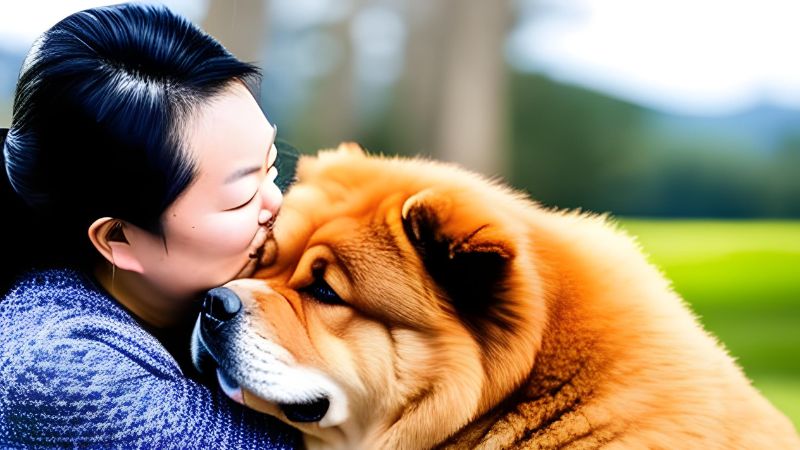
People with allergies to dogs are actually allergic to proteins made by the dog. There are several different dog proteins. Sometimes a person can be allergic to one kind of protein, but not others.
One example is the dog protein Can f 5. There is research showing that this protein is only made by male dogs. If you are allergic to this protein, you can avoid it by adopting female dogs only. However, it isn’t always that simple.
Sometimes it is difficult to know what proteins you are allergic to. There are a few things dog allergy sufferers should try to avoid. Saliva and urine, fur, dead skin flakes, and carpets and furniture covered with dog hair should all be avoided if possible. A large amount of dander and fur in your home is a common trigger.
Top Tips for Dog Owners With Allergies
What can you do if you are allergic to your Chow Chow? There are several things you can do so that you can keep your canine companion even though you have allergies. Try some of the following things to reduce your allergic responses:
- Use a high quality air filter in your home


- Conduct regular house cleaning sessions
- Vacuum regularly to get rid of pet hair
- Keep over-the-counter allergy medication on hand for allergic reactions
- Consider choosing a dog breed that sheds less
- Ask your doctor about getting allergy shots to reduce attacks
- Wash your dog frequently. Not sure how often, here’s a quick quiz you can take to determine how often you should wash your dog.
Are Chow Chows Hypoallergenic Dogs?
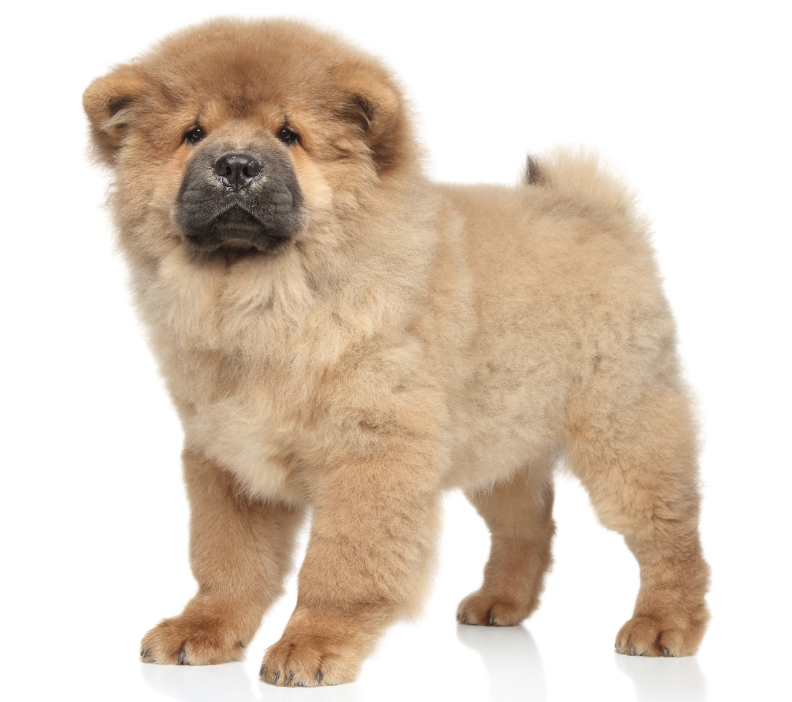
Unveiling the Truth: Regrettably, Chow Chows do not fall into the hypoallergenic breed category. Their dense double coat, designed to protect them from extreme weather conditions, sheds profusely, particularly during seasonal changes. This shedding releases allergens into the environment, including dander and hair, which can trigger allergic reactions in sensitive individuals. Consequently, prospective dog owners with allergies should exercise caution when considering a Chow Chow as a pet and explore alternative breeds that are more compatible with their allergies.


How can I Reduce my Allergy Triggers to a Chow Chow?
Just because you have dog allergies, doesn’t mean you can’t have a Chow Chowy. There are a few ways you can help reduce your allergies and still have one as a pet. Follow this advice if you are allergic to Chow Chows:
1. Make sure you bath the dog regularly
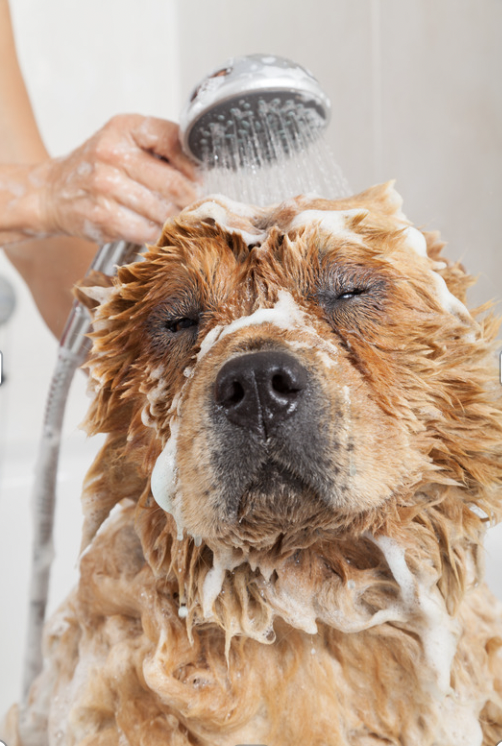
Bathing helps get rid of dead skin cells
2. Keep him groomed and brushed regularly
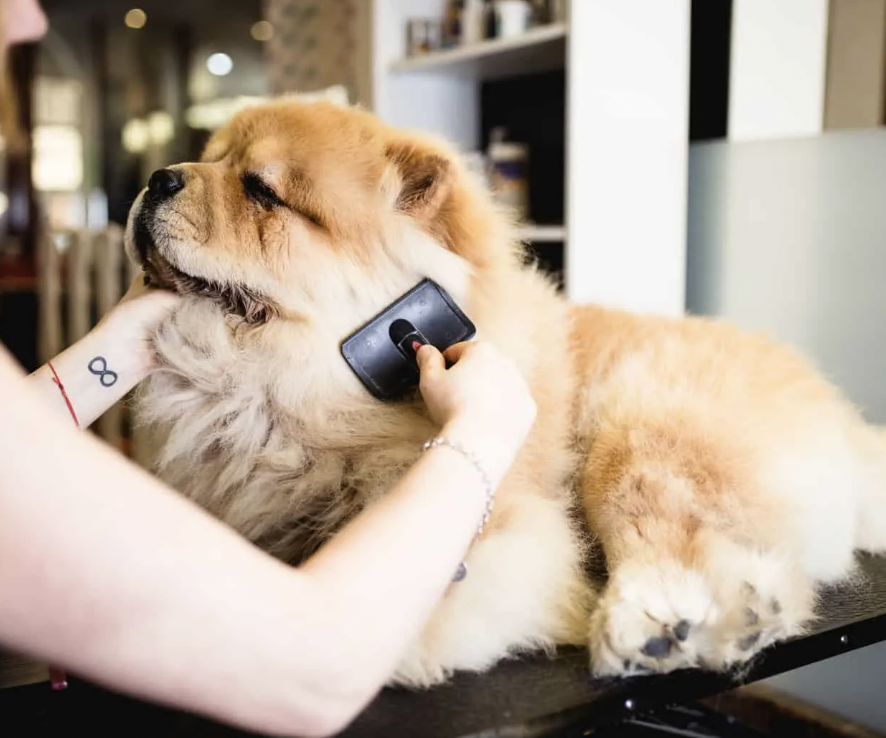
3. Do your grooming outside, and use gloves if needed
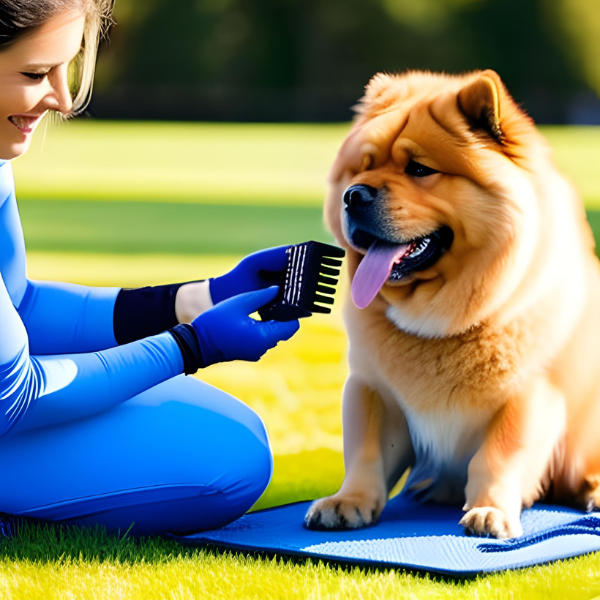
4. Stay on top of pests; more scratching means more dander flying everywhere
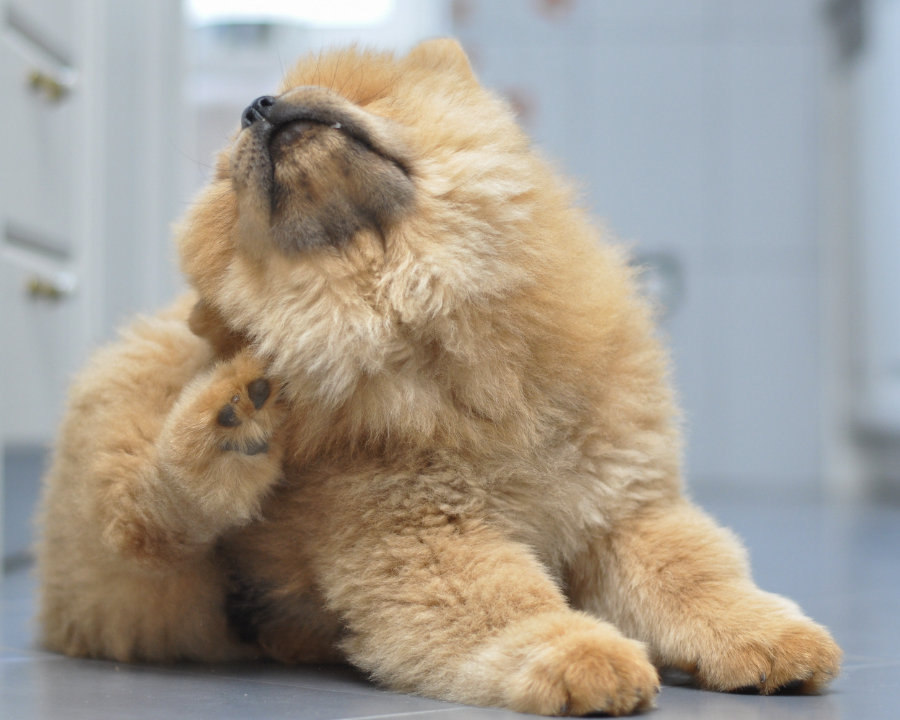
5. Vacuum your carpet and furniture often

What Dog Breeds are the Most Hypoallergenic?
These dog breeds are considered to be the most hypoallergenic, according to the AKC.
- Poodle
- Maltese
- Chinese crested
- Coton de Tulear
- Schnauzer
- Irish water spaniel
- American hairless terrier
- Barbado da Terceira
- Barbet
- Bedlington terrier
- Affenpinscher
- Afghan hound
What Dog Breeds are the Least Hypoallergenic?

Some dog breeds are not recommended for allergy sufferers. Most of these breeds shed or drool a lot. Breeds to avoid if you have dog allergies include:
- Basset hound
- Boston Terrier
- Bulldog
- Doberman Pinscher
- German Shepherd
- Labrador Retriever
- Pekingese
- Pug
- Saint Bernard
- Siberian Husky
FAQ
What’s the best food for my Chow Chow?
The three foods that are super healthy and that almost every dog loves, even the pickiest dogs, are:
1. The Farmer’s Dog.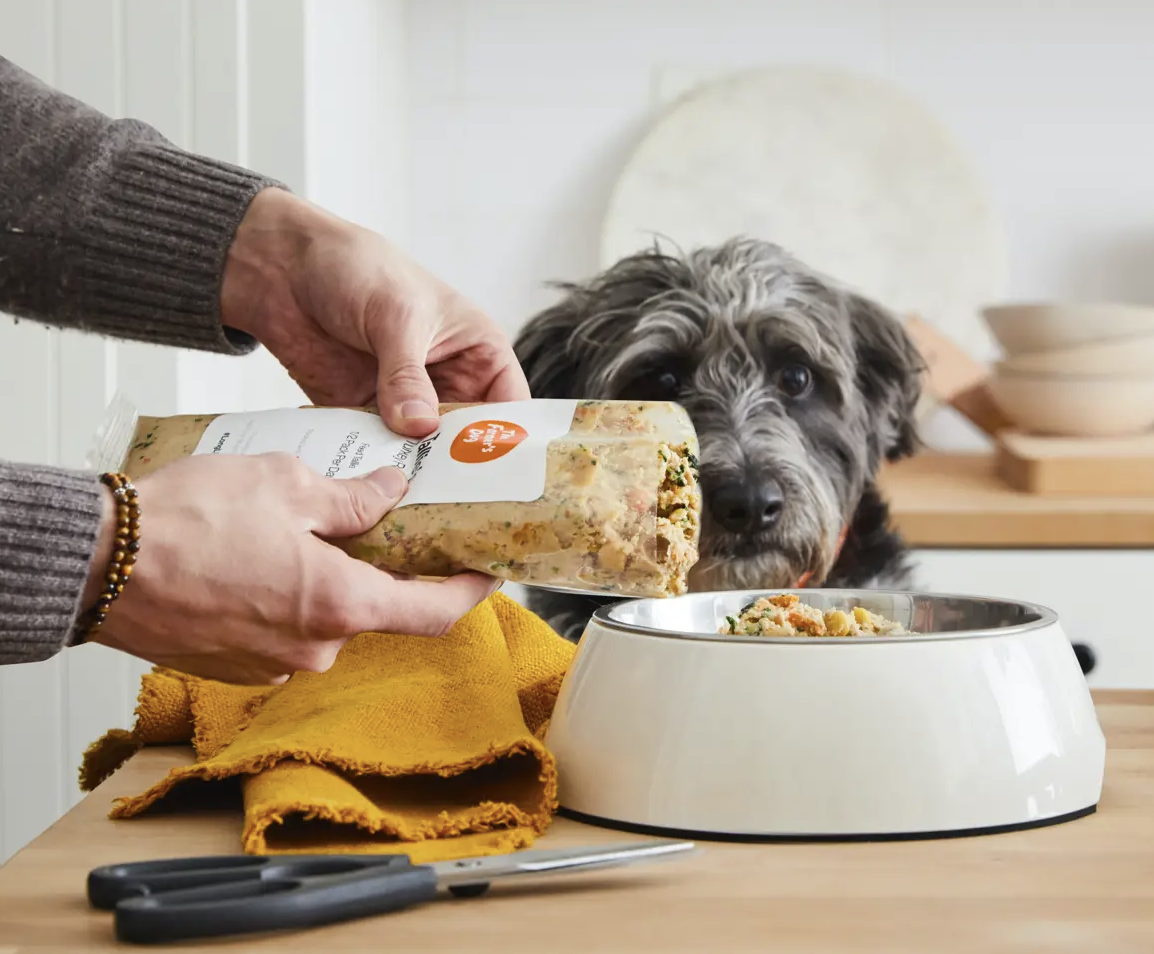
This is a fresh-frozen food that’s delivered to your home in just the right amounts for your dog. There are a number of fresh frozen dog foods available on the market and I tested them all. The Farmer’s Dog came up the winner with my picky dogs. You can see the fresh frozen food test here.
Save 60% on your first order
—
2. Sundays Food For Dogs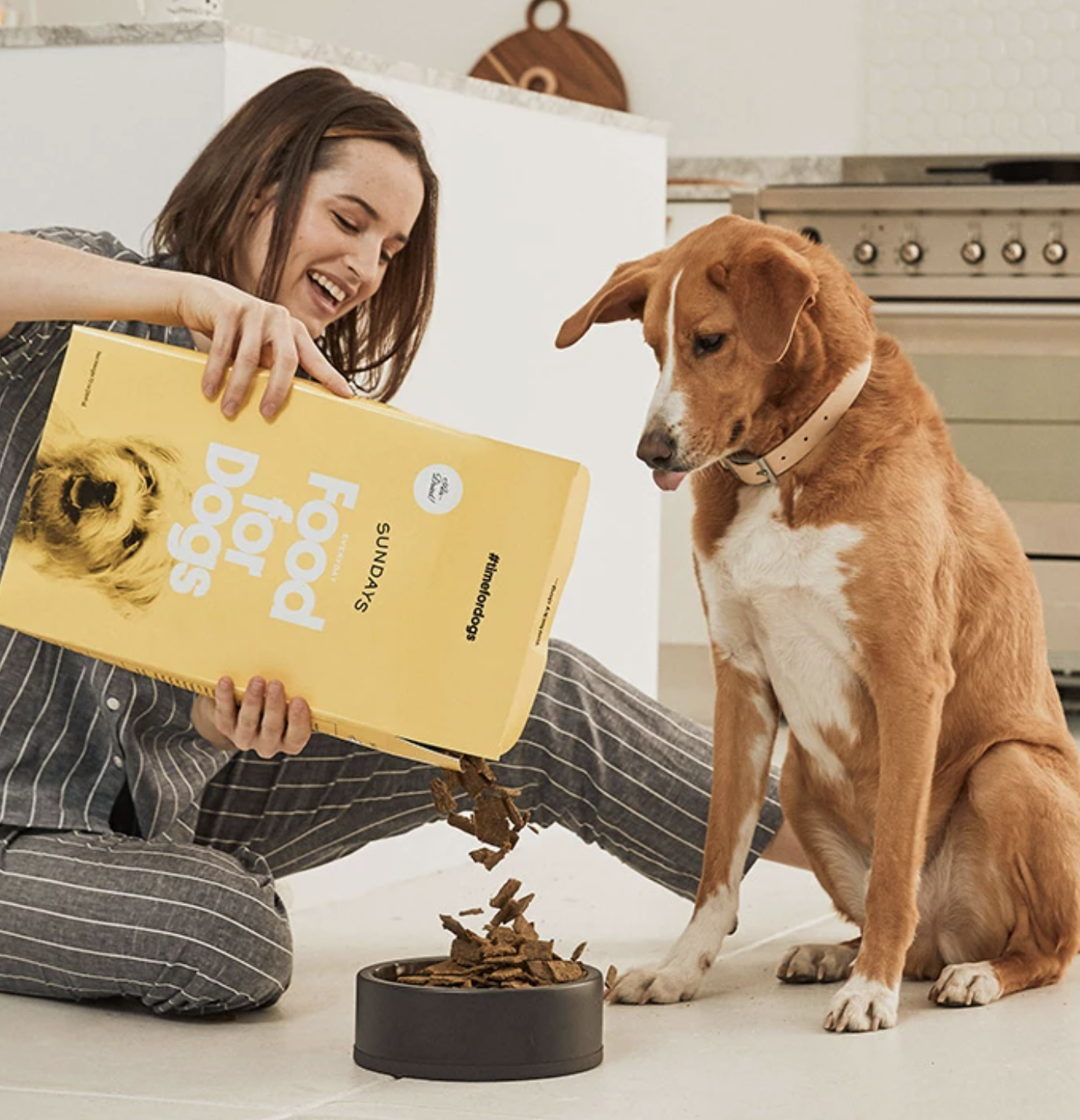
This is an air-dried food. It has the convenience of kibble (just pour it in the bow) but is much much healthier. It’s like little pieces of jerky, so dogs go crazy for it. There are a number of air-dried foods on the market. My dogs tested 3 of them. You can see the results of the air-dried food test here.
Get 35% off your first order + free shipping w/ code ROCKY35
3. We Feed Raw.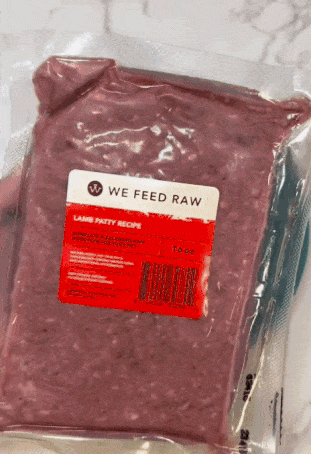
This raw food for dogs comes delivered to your home is perfectly sized portions for your pup. They primarily source their ingredients from trusted U.S. farmers, with two exceptions: venison and lamb. These ingredients are sourced from New Zealand, where some of the highest-quality and most ethically raised venison and lamb can be found. Pasture-raised and grass-fed and finished, we highly recommend trying these formulas if you’re interested in the best-quality ingredients. Save 25% on your first order.
Supplements: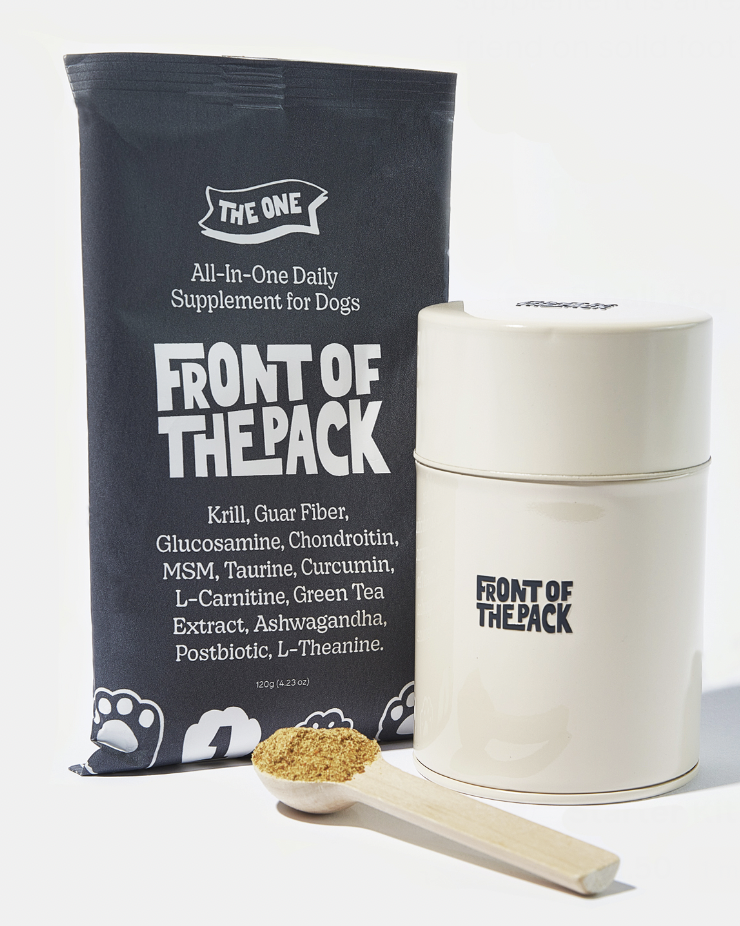
I highly recommend using a supplement on your dog’s food, not matter what you feed them, to ensure the meal is balanced and they are getting all the right supplements to help them stay healthy. The supplement I use is called The One from Front of the Pack. It has 12 ingredients that have been clinically-proven to keep your dog’s joints, skin, heart, digestion, and even their breath in tip-top shape. It’s also a powder, so easy to sprinkle on your dog’s food. For a limited time, when you buy one month you get a second month free.
What does it mean for a dog breed to be hypoallergenic?
Hypoallergenic dog breeds are those that are less likely to cause an allergic reaction in people who are sensitive to pet allergens.
Are Chow Chows considered a hypoallergenic dog breed?
No, Chow Chows are not considered a hypoallergenic dog breed.
What causes allergic reactions to dogs?
Allergic reactions to dogs are caused by exposure to the proteins found in their skin cells (dander), saliva, and urine.
Is it the dog’s fur or dander that causes allergic reactions in people?
Both the dog’s fur and dander can cause allergic reactions in people, but it is primarily the dander that causes the most problems.
What is dander, and why is it a problem for people with allergies?
Dander is made up of tiny flakes of dead skin that dogs shed naturally. For people with allergies, exposure to these flakes can trigger an immune response that leads to allergy symptoms.
Are there any breeds of dogs that are completely hypoallergenic?
No dog breed is completely hypoallergenic, but some breeds are less likely to cause allergic reactions in people than others.
Are there any dogs that are better for people with allergies than others?
Yes, some dog breeds that are less likely to cause allergic reactions in people include Poodles, Bichon Frises, and Portuguese Water Dogs.
Do Chow Chows shed a lot of fur?
Yes, Chow Chows shed a lot of fur, especially during seasonal changes.
Can Chow Chows be groomed to reduce the amount of dander they produce?
Regular grooming can help reduce the amount of dander that Chow Chows produce, but it cannot eliminate it completely.
What are some common symptoms of dog allergies?
Common symptoms of dog allergies include sneezing, runny or stuffy nose, itchy or watery eyes, and skin rashes.
Can people with dog allergies develop immunity over time?
Some people with dog allergies may develop a tolerance or immunity over time, but this is not guaranteed and may not be the case for everyone.
Are there any medications that can help alleviate dog allergy symptoms?
Yes, there are medications such as antihistamines and nasal corticosteroids that can help alleviate dog allergy symptoms.
What should someone with allergies do if they want to adopt a Chow Chow?
Someone with allergies who wants to adopt a Chow Chow should spend time with the dog before adopting to see if they have an allergic reaction. They should also be prepared to take allergy medications and to groom the dog regularly to reduce dander.
Are there any other factors to consider besides allergies when deciding whether to adopt a Chow Chow?
Yes, Chow Chows are an active and high-energy breed that require a lot of exercise and training. They also shed heavily and may not be a good fit for people who are sensitive to dog hair.
What are some other breeds of dogs that are good for people with allergies?
Other dog breeds that are good for people with allergies include the Bichon Frise, Maltese, and Schnauzer.
What can people with allergies do if they want to adopt a Chow Chow?
People with allergies who want to adopt a Chow Chow should spend time with the dog before adopting to see if they have an allergic reaction. They should also be prepared to take allergy medications and to groom the dog regularly to reduce dander. If someone has severe allergies, it may not be advisable to adopt a Chow Chow or any dog breed that is known to trigger allergies.
Are Chow Chows suitable for dog owners with allergies?
While no dog breed can be considered completely hypoallergenic, Chow Chows are not typically recommended for individuals with allergies. Their thick fur and shedding tendencies can release allergens into the environment, potentially triggering allergic reactions in susceptible individuals. If you have allergies, it is advisable to spend time with Chow Chows or other breeds to assess your personal tolerance before making a decision.
What is the origin of the Chow Chow dog breed?
The Chow Chow is an ancient breed that originated in China. Known for their distinctive appearance and blue-black tongue, they were originally bred for various purposes, including hunting, herding, and guarding. Their history can be traced back several thousand years, making them one of the oldest known dog breeds.
Do Chow Chows require regular grooming?
Yes, Chow Chows have a thick double coat that requires regular grooming to keep it in optimal condition. Their dense fur can easily become matted and tangled if not properly maintained. Regular brushing is necessary to prevent matting and to remove loose hair. In addition, Chow Chows may benefit from occasional professional grooming to help manage their coat.
Can individuals allergic to dogs be allergic to Chow Chows?
Yes, individuals who are allergic to dogs may also experience allergic reactions to Chow Chows. Despite the misconception that certain breeds are hypoallergenic, it is important to note that allergies are typically triggered by specific allergens, such as dander and saliva proteins, rather than by the breed itself. As Chow Chows have thick fur and shed, they can potentially produce allergens that can cause allergies in sensitive individuals.
Are Chow Chows a large dog breed?
Yes, Chow Chows are considered a large dog breed. They typically have a sturdy and solid build, with males weighing between 55-70 pounds (25-32 kg) and females ranging from 45-60 pounds (20-27 kg). Their size, combined with their strong and independent nature, requires responsible ownership and appropriate space to accommodate their needs.
Do Chow Chows come in different types of coats, including smooth coats?
Chow Chows are primarily known for their dense and thick double coat. However, there are variations in the types of coats they can have. The most common type is the rough or long coat, characterized by a dense outer coat and a soft, woolly undercoat. Some Chow Chows can also have a smooth coat, which is shorter and lacks the dense undercoat. Both coat types require regular grooming to maintain their health and appearance.
While Chow Chows are undoubtedly captivating and charismatic companions, their hypoallergenic status remains a myth. As a breed with a thick double coat that sheds heavily, they are not suitable for individuals with allergies seeking a hypoallergenic dog. It’s crucial for prospective dog owners to research and spend time with specific breeds or individual dogs to assess their tolerance level before making a decision. Consulting with healthcare professionals or allergists can provide valuable insights into individual allergies and guide the selection process toward a breed that will be compatible with an individual’s specific needs and health concerns.
Related Articles:
- The Best Dog Supplements for Skin & Coat Available on Amazon
- Finding the Perfect Hypoallergenic Dog for Your Family: Tips for Adopting a Dog That Won’t Trigger Allergies
- 55 Hypoallergenic Dog Breeds You Might Be Able To Live With If You Have Allergies
- Expertly Curated: The Definitive Guide to the Best Dog Food for Every Life Stage and Dietary Need

